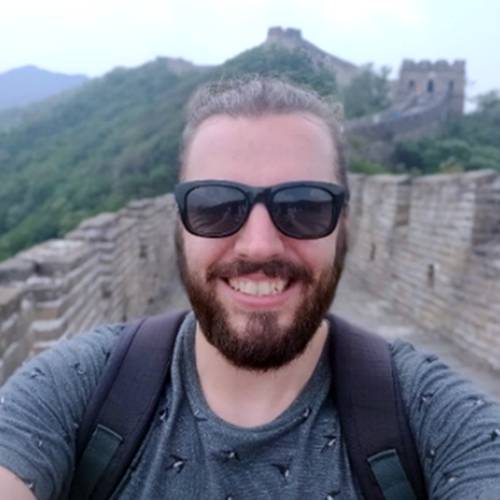About This Webinar
Thanks to advancements in optical techniques and camera systems, scientific microscopy has advanced significantly in recent years. Recent innovations in scientific CMOS cameras (sCMOS) have provided much-needed capability to researchers worldwide in their pursuit of numerous life science and clinical applications.
The latest sCMOS cameras offer vastly improved sensitivity, speed and dynamic range, empowering researchers to capture intricate biological processes and phenomena with clarity and precision. By facilitating high-resolution imaging under low-light conditions and providing robust data acquisition capabilities, these cameras have allowed breakthroughs in such areas as live cell imaging, superresolution microscopy and single-molecule tracking.
Through case studies and real-world examples, this presentation showcases how researchers have leveraged these upgrades to push the boundaries of scientific discovery. From elucidating the mechanisms of cellular dynamics to unraveling the complexities of neural circuitry, sCMOS cameras have enabled researchers to delve deeper into fundamental questions in biology and medicine.
*** This presentation premiered during the
2024 BioPhotonics Conference. For more information on Photonics Media conferences and summits, visit
events.photonics.com
About the presenter

Matthew Köse-Dunn, Ph.D., is Teledyne’s marketing manager and application specialist, who joined the company in October 2019. Kose-Dunn is involved in content creation for Teledyne Photometrics, including but not limited to social media, technical and educational web articles, the 'Science Off Camera' podcast, collection and generation of customer stories, product marketing material, and the webinar program. He also drives business development through researching new markets and disseminating material throughout different company areas, as well as taking a technical customer support and application specialist role, often traveling to research sites to assist with the setup and integration of new scientific cameras in imaging systems.
Köse-Dunn brings 10 years of academia and research experience, such as completing a doctorate in regenerative medicine (Keele, Loughborough and Nottingham Universities) and taking a teaching role in a leading UK Medical School. He has a passion for science, research and education, which has translated to allowing researchers to get the most out of their imaging and answer their scientific questions.